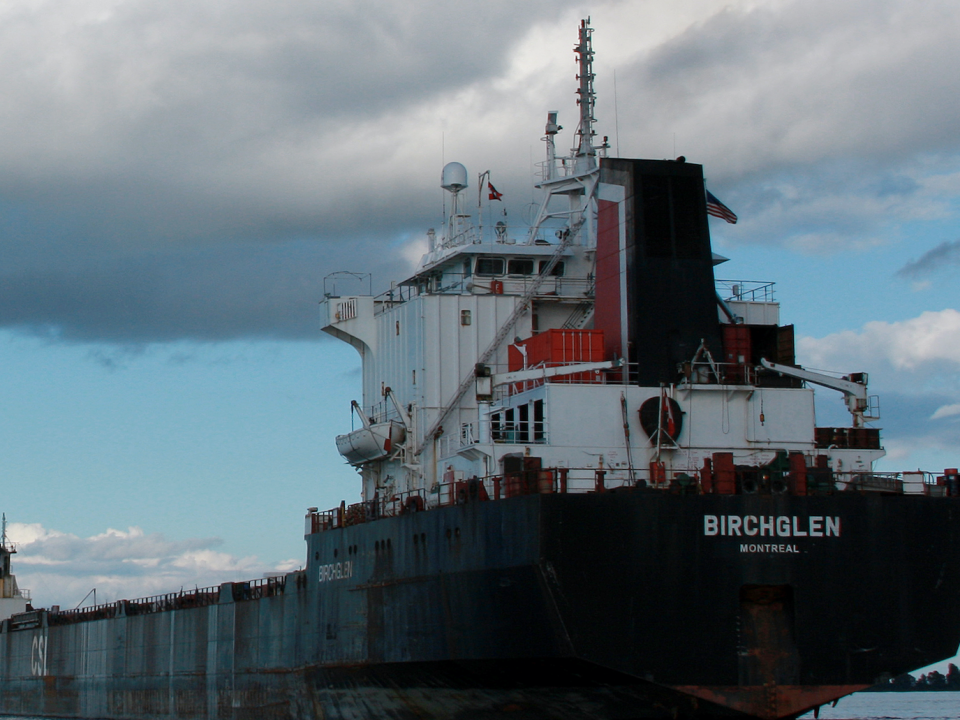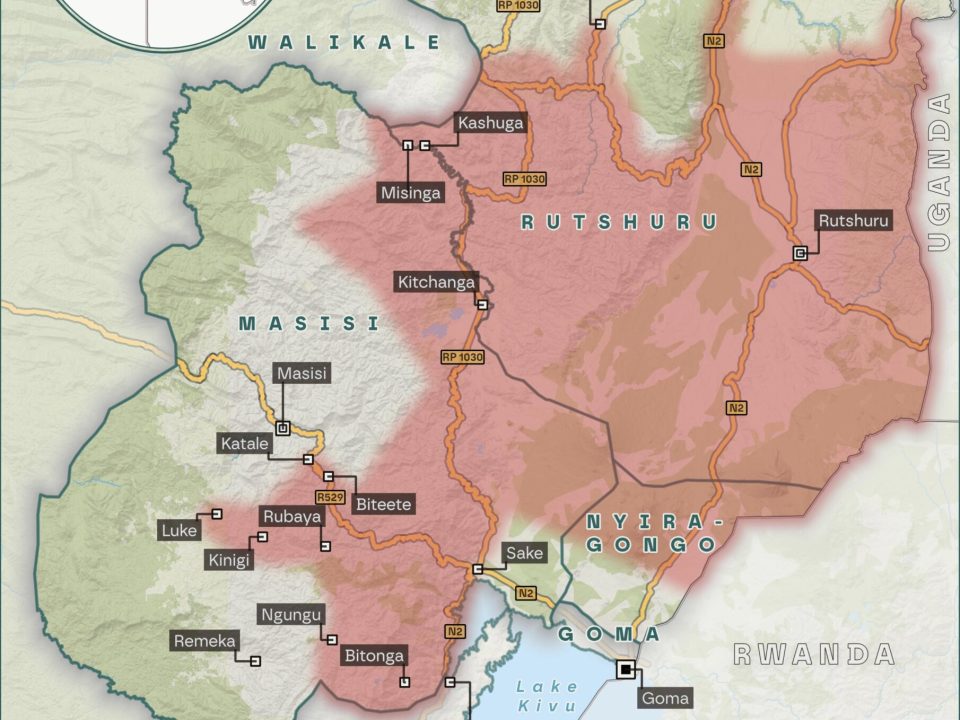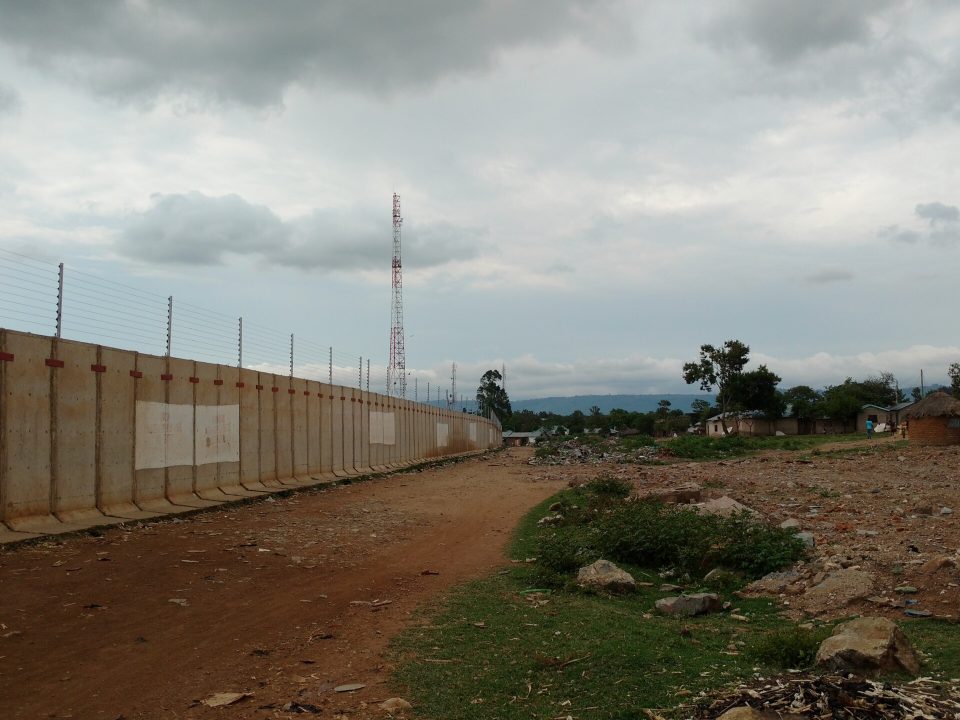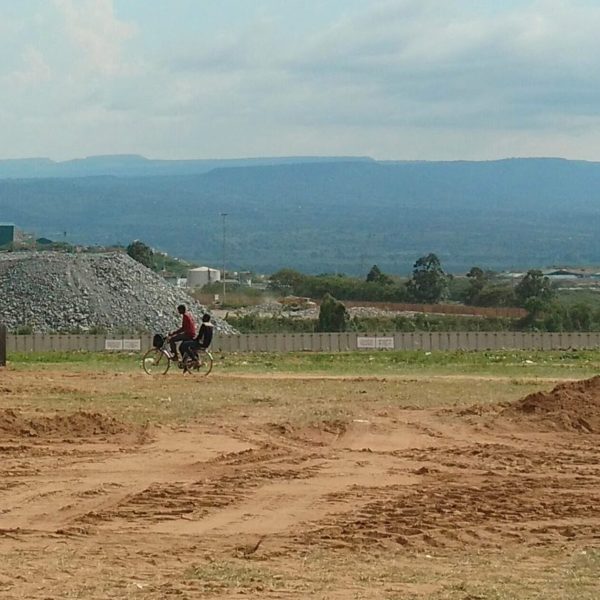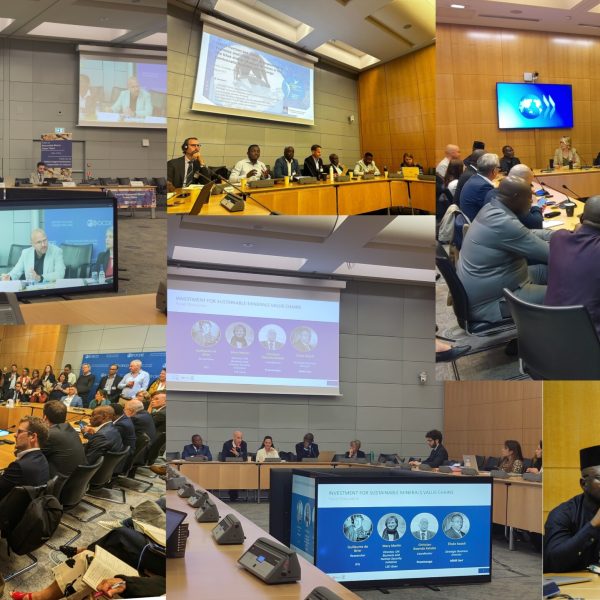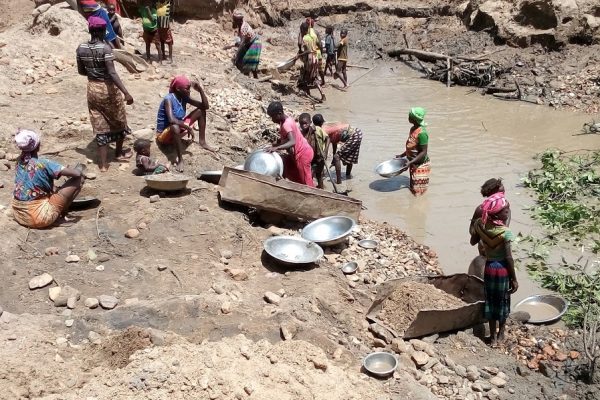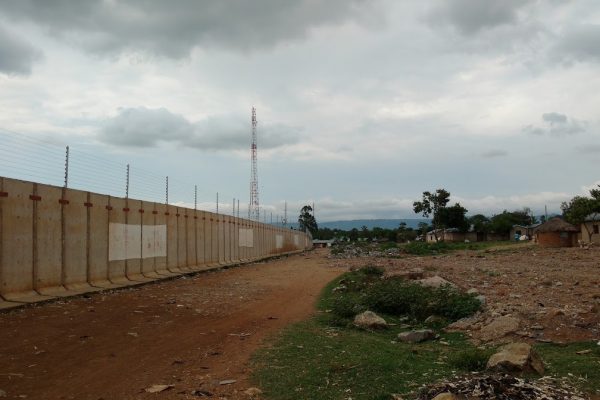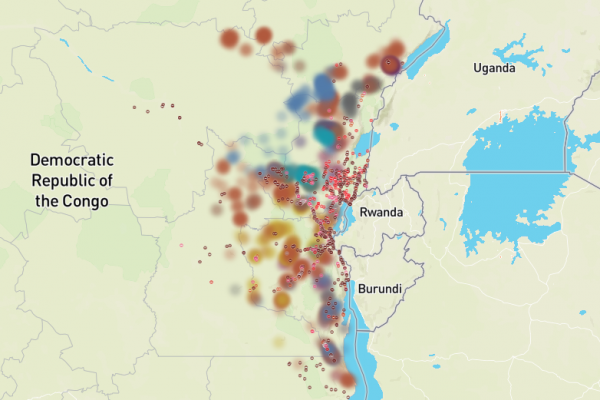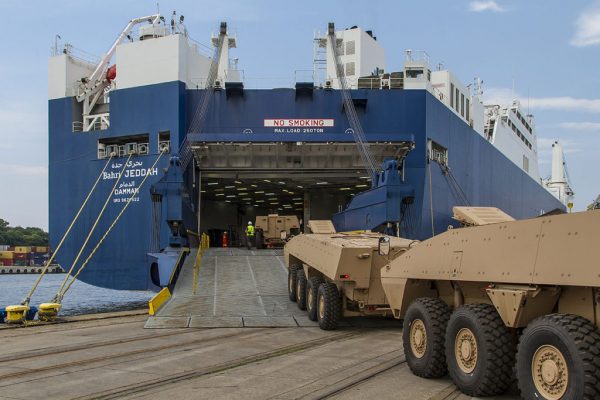Recherche indépendante et renforcement des capacités pour une paix durable, le développement durable et les droits de l’homme
Dernières publications
Recherche indépendante et renforcement des capacités pour une paix durable, le développement durable et les droits de l’homme Dernières publications Plus de publications Actualités PLUS D’ACTUALITÉS Dernier briefing Plus de briefings Souscrire aux nouvelles d’IPIS Vous souhaitez recevoir le briefing d’IPIS avec une sélection d’articles, de nouvelles et de mises à jour sur les ressources […]
Actualités
Last week, representatives of civil society, industry, and governments gathered at the 2024 OECD Forum on Responsible Mineral Supply Chains in Paris. Members of the(...)
Dernier briefing
Souscrire aux nouvelles d'IPIS
Vous souhaitez recevoir le briefing d’IPIS avec une sélection d’articles, de nouvelles et de mises à jour sur les ressources naturelles, les conflits armés, les entreprises et les droits de l’Homme, et le commerce des armes ? Le briefing d’IPIS comprend également un éditorial sur l’actualité, des articles connexes, ainsi que des mises à jour sur les résultats des recherches d’IPIS, de nouvelles cartes, des rapports et des briefings.



